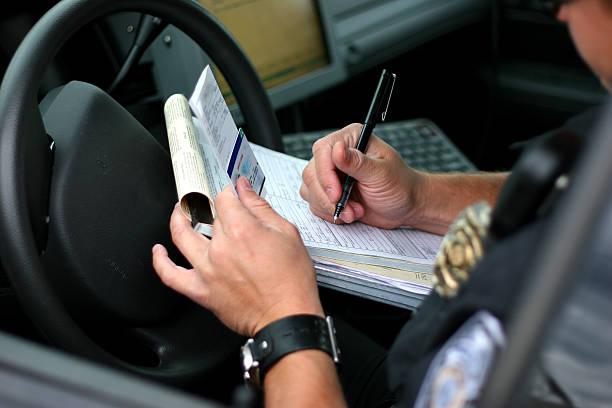
If you've recently received a traffic ticket in Texas, you may be feeling frustrated and concerned about its impact on your driving record and insurance rates.
However, before you give in and pay the fine, you should understand that you have the right to contest the ticket. Contesting a ticket allows you to challenge the validity of the citation and the evidence presented against you. In some cases, it can help you negotiate for a reduced charge or dismissal.
This is where the expertise of our traffic court attorney at Monks Law Firm can be invaluable. We can guide you through the process of contesting your ticket and increase your chances of a favorable outcome.
The first step in contesting a traffic ticket is to understand the grounds on which you can challenge it. Some common reasons for contesting a ticket in Texas include:
Before proceeding, it’s important to carefully consider the potential consequences. While successfully challenging the ticket can result in its dismissal, there is also a chance that your efforts may not be fruitful.
In some cases, contesting a ticket can lead to additional court fees or an increase in the fine if found guilty. Weigh the pros and cons and consult with a traffic court attorney to make an informed decision.
Upon receiving a traffic ticket, carefully review the information provided on the citation. Take note of the specific violation cited, the date, time, and location of the alleged offense. Pay attention to any notes made by the officer issuing the ticket and examine the evidence, such as photographs or videos, if available.
This step involves gathering as much evidence as possible to support your case. These may include photographs or videos, witness statements, and maintenance records. Compelling evidence prepares the ground for a successful contest.
Enlisting the expertise of a traffic court attorney can significantly improve your chances of a successful outcome. A skilled attorney can assess the details of your case, identify potential weaknesses in the prosecution's argument, and develop a comprehensive defense strategy.
To contest a traffic ticket, you will need to plead "not guilty" to the alleged violation. This can typically be done by mail or in person. If you choose to contest the ticket in person, you may have the opportunity to negotiate with the prosecutor before the trial.
Follow the instructions provided on the ticket to request a hearing. It's essential to meet any deadlines associated with this process, as failing to do so may result in a default judgment against you.
If your case proceeds to trial, you’ll need to thoroughly prepare. Your traffic court attorney will help you set up your defense strategy, including examining witnesses, presenting evidence, and crafting compelling arguments.
During the trial, the prosecutor will present their case, and you or your attorney will have the opportunity to cross-examine witnesses and challenge the evidence presented. Remember to remain calm and respectful during the proceedings.
After hearing both sides, the judge will make a decision based on the evidence and arguments presented. If the verdict is in your favor, the ticket will be dismissed. If the ruling is not in your favor, your attorney can advise you on further legal options, such as appealing the decision.
Contact Monks Law Firm today to help with contesting your traffic ticket. We are Houston-based defense attorneys with proven experience in traffic court (DUI and DWI) cases across Harris, Fort Bend, Galveston, Austin, Wharton, and other neighboring counties.
Schedule a consultation with our traffic court attorneys today by calling (713) 666-6657 or through our contact form.

Counties Served
• Harris County • Fort Bend County
• Galveston County • Brazoria County
• Montgomery County • Waller County
• Liberty County • Chambers County
• Austin County • San Jacinto County
• Walker County • Fayette County
• Wharton County